I arrived at Vanderbilt with no aspirations of being an advocate for Israel. After witnessing my sister face overwhelming waves of antisemitism at the University of Michigan, I intentionally sought an institution with a lower-profile Jewish community to escape such distress. Regrettably, my experience at Vanderbilt has not been without its challenges.
At the end of my freshman year in 2021, Vanderbilt Student Government released an unacceptably one-sided statement regarding the May 2021 violence involving Israel and Palestine. The statement’s glaring lack of objectivity left me deeply concerned about the absence of neutral spaces for academic debate on our campus and the division between our campus communities. In response to expressing these concerns, I was invited to meet with Chancellor Daniel Diermeier along with other Jewish leaders. I understood the invitation as a heartfelt attempt to facilitate an environment that promotes unity and inclusivity.
During our conversation, Diermeier assured us of his support for the Jewish community and his commitment to preventing such divisive rhetoric on Vanderbilt’s campus. Despite Diermeier’s stated commitment, he has failed. Antisemitic incidents have persisted on and around our campus throughout my three and a half years at Vanderbilt. Amid the recent Israel-Hamas conflict, Jewish students are experiencing heightened discrimination, and campus administrators are failing to step up.
As a Jewish student leader on campus, I have received numerous reports of Jewish students enduring one-sided and highly antisemitic discussions regarding the current conflict in their classrooms. These discussions have often occurred even when the topic falls well beyond the scope of the class. In some instances, Jewish students have been subjected to verbal harassment by professors. Others have faced personal taunts and insults from their peers during class discussions while professors stood to the side and watched. These experiences have left Jewish students feeling isolated, vulnerable and marginalized within the academic environment they should call home. How can we maximize our time on campus when compelled to expend energy combating antisemitism and hatred on campus? I implore Diermeier to provide faculty with the tools to have these conversations in a productive and supportive manner. If this support cannot be granted, professors should be advised not to have these discussions, especially if it does not relate to the class content.
Pro-Israel Jewish students are also being negatively impacted by campus events. On Nov. 14, I learned that a provocative art display about the current Israel-Hamas conflict would be hosted in the heart of our campus the following day. The university knew about the exhibit for at least two weeks before then but only chose to notify Jewish student and faculty leadership the night before the event. As such, Jewish leaders had minimal time to warn our peers of the potentially triggering nature of the display. The exhibit, unfortunately, became a breeding ground for misinformation, devoid of sources. For Jewish students passing by, it served as a stark reminder of the assault on our homeland and the prevailing hostility directed toward our community on this campus. If these challenges weren’t burdensome enough, students also awoke to signs reading “Jews for Ceasefire” across campus, accompanied by a protest in Rand Dining Center by a group under the same name. This group’s failure to adhere to campus policies on protest and demonstration caused disruptions to the school day. The disregard for campus policy not only hinders the orderly functioning of the educational environment but also places an additional burden on pro-Israel Jewish students who may find it challenging to focus on their academic pursuits amid such disturbances. How does one navigate past such jarring displays in the center of campus and then strive to be their best self in academic pursuits just a few steps away?
Beyond discrimination faced by students from other students, multiple Vanderbilt professors and Ph.D. students also signed a letter written in mid-October that lacked context. The letter characterized the first 10 days of Israel’s response to the Oct. 7 Hamas attacks as an “act of genocide” and “ethnic cleansing.” The letter accused Israel of bombing the Rafah Crossing, failing to clarify that Israel hit a parking lot near the crossing when targeting a smuggling tunnel in the area. The letter deemed Israel to be colonialist and imperialist without taking into account the complexities of the Israeli-Palestinian conflict.
Allow me to be unequivocal: Criticizing the Israeli government is not antisemitism. However, using criticism of the Israeli government as justification to undermine Jews’ right to self-determination in their homeland is antisemitism. Furthermore, calling for Palestinian statehood is not antisemitism. However, calling for said statehood “from the river to the sea,” or through the eradication of the Jewish state, is blatant antisemitism. It’s crucial to understand that Hamas, through repeated declarations, has vowed to perpetuate the heinous acts carried out on Oct. 7 until Israel is obliterated and Jews cease to exist globally. A protracted ceasefire merely affords Hamas time to rearm and continue its violence against the Jewish people.
Despite sentiments expressed by Vanderbilt administrators, all is not well here on campus. Jewish students are crying out for administrative assistance. We do not feel safe. We are uncomfortable in our classrooms, on campus and among our peers. We fear that the university’s inaction may be an implicit endorsement of the antisemitism that continues to permeate our campus.
I urge Diermeier to take a resolute stand for the safety and well-being of Jewish students at Vanderbilt. Exposing and addressing the rising tide of antisemitism is not an act of partisanship but a crucial step in ensuring a safe, inclusive and intellectually diverse environment for all members of the Vanderbilt community.


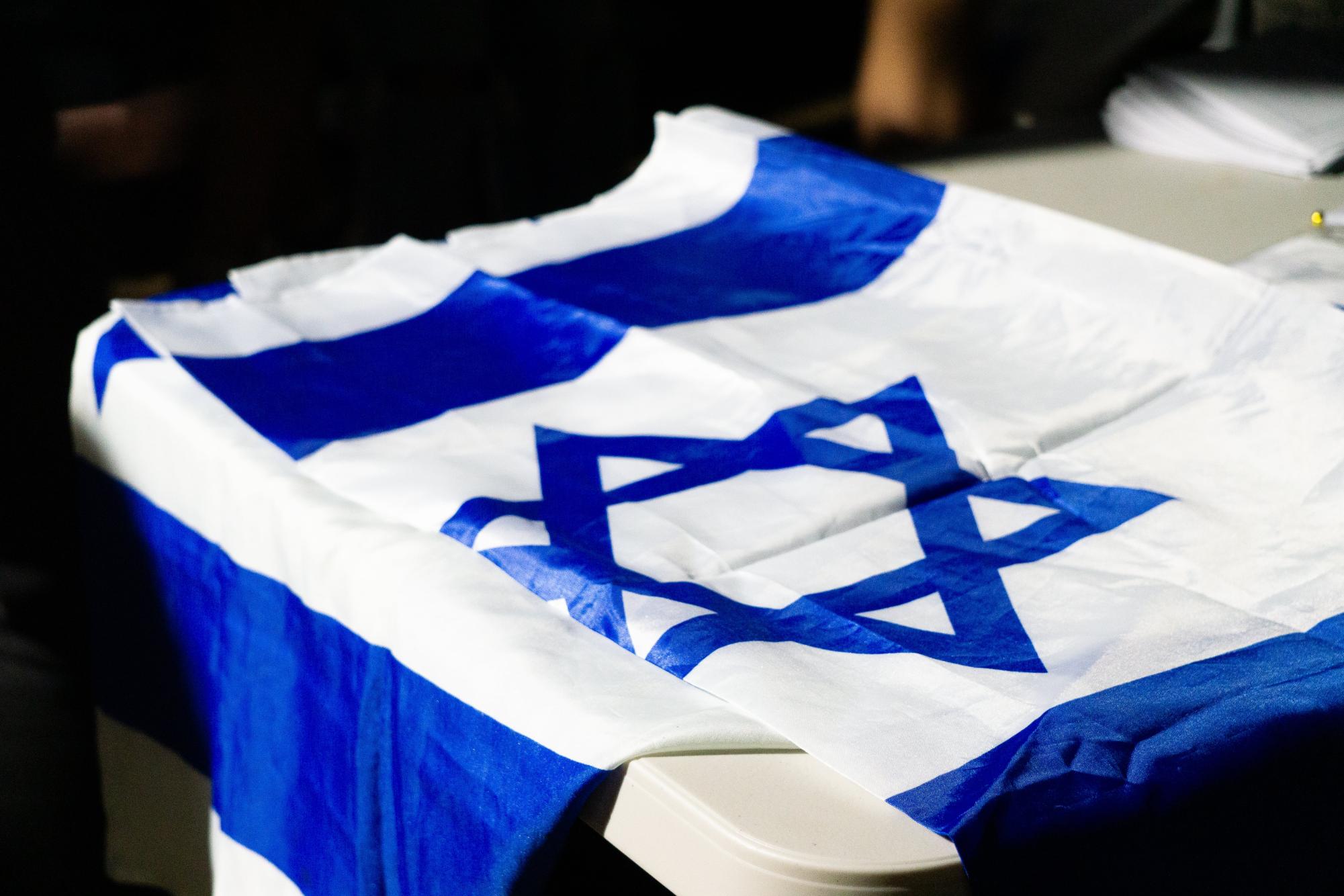

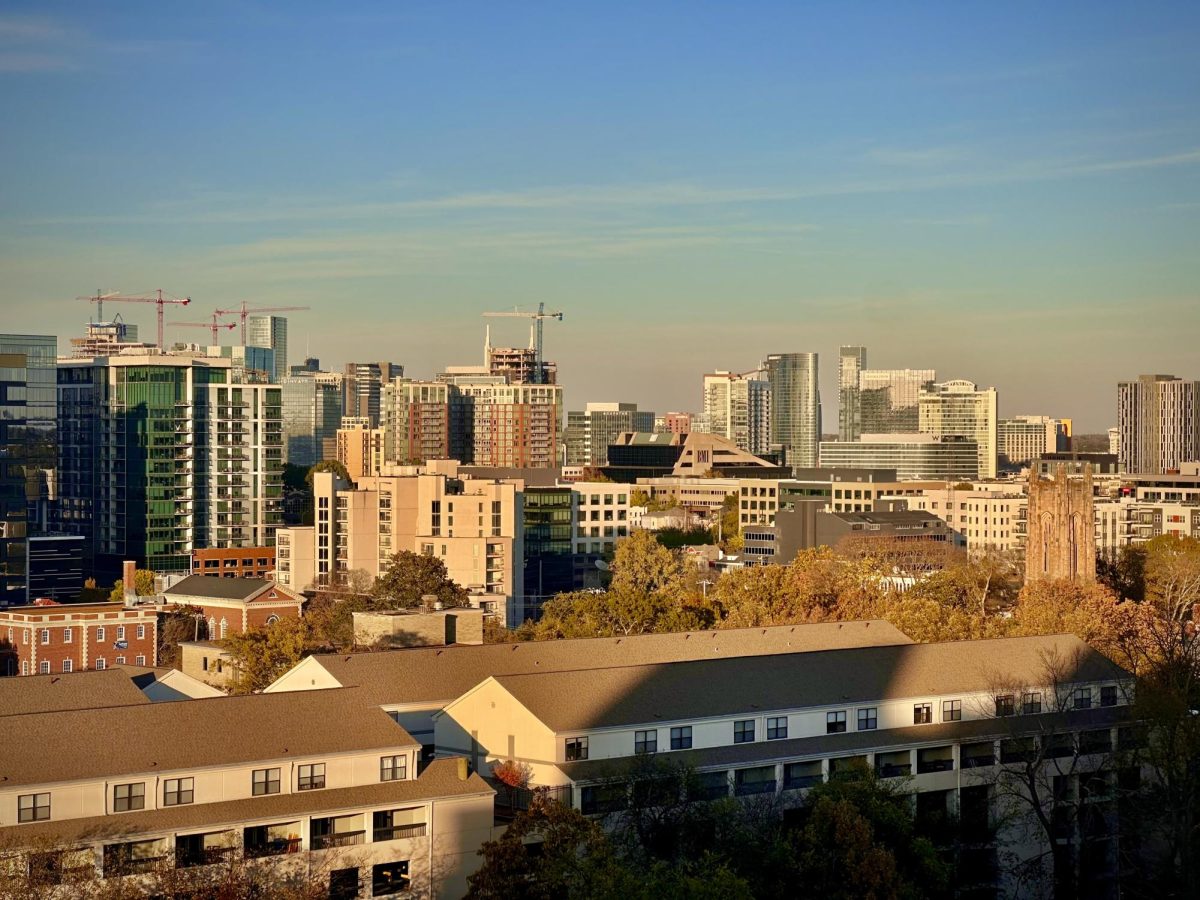
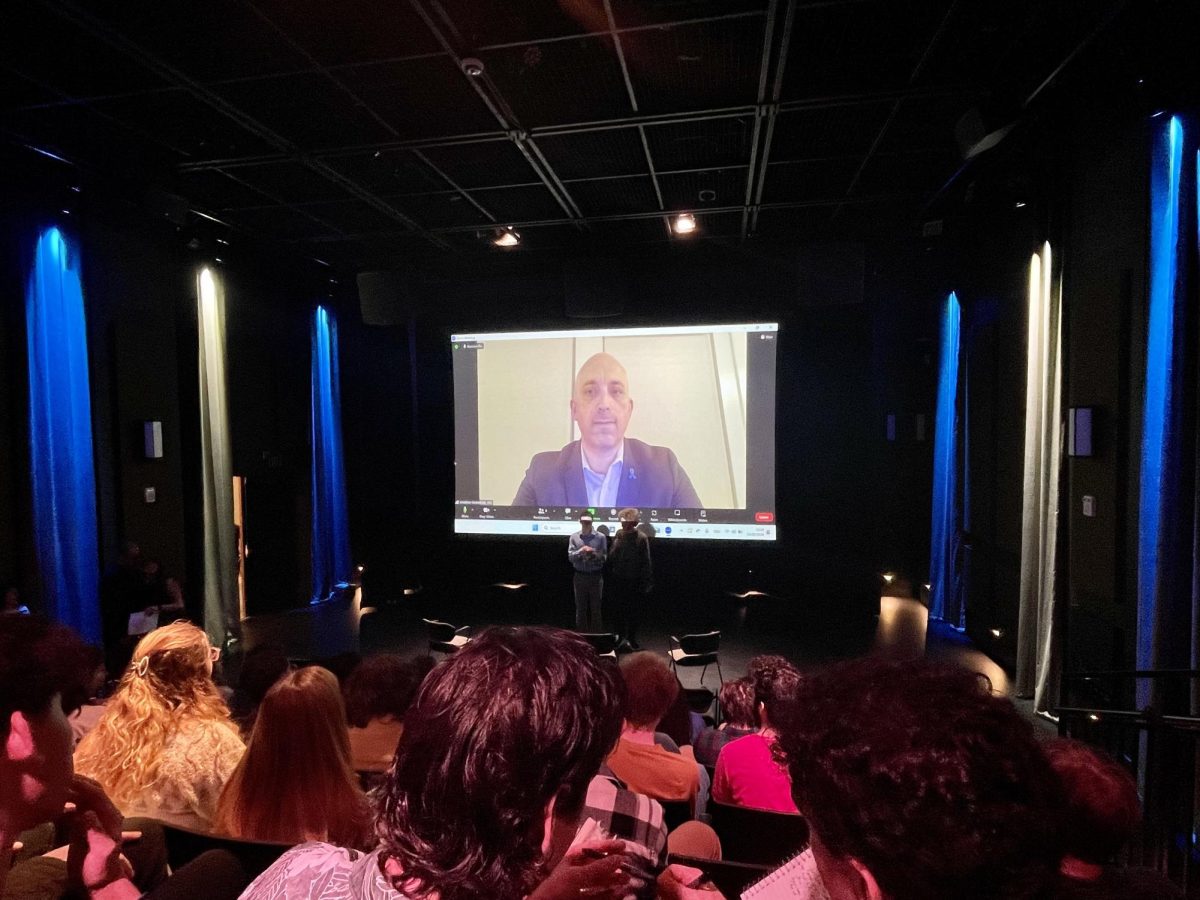
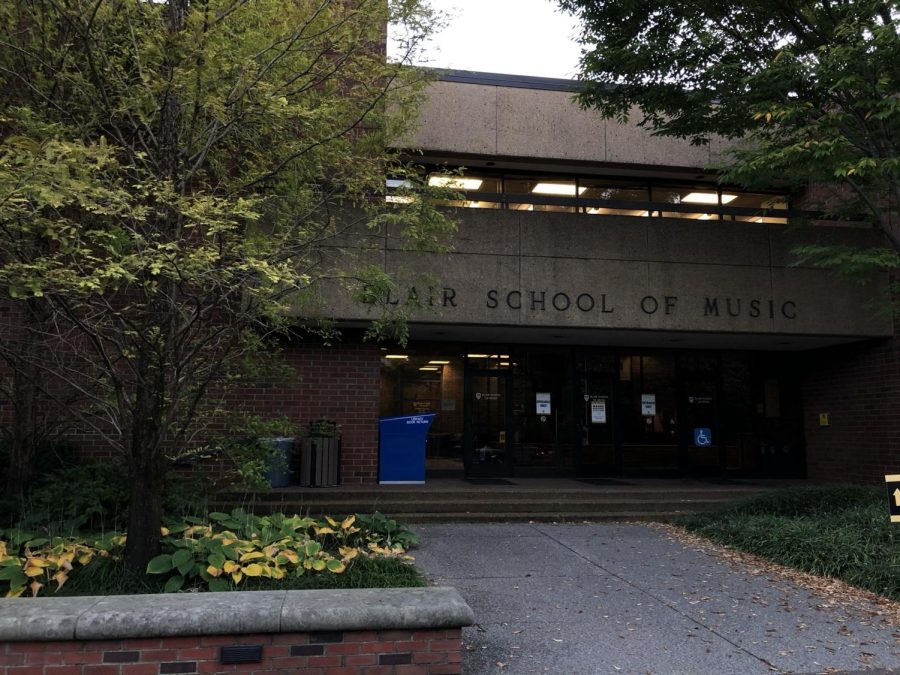
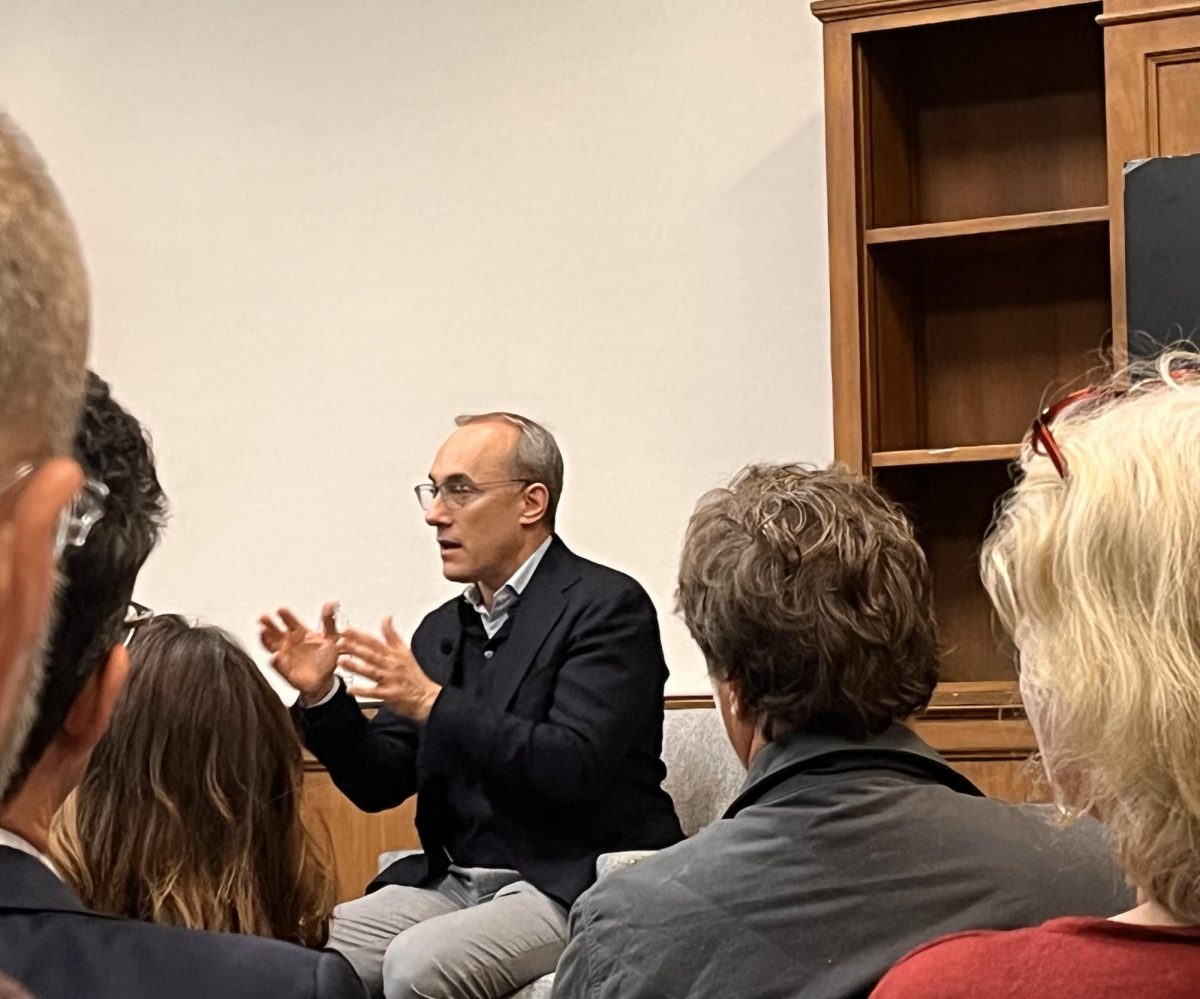
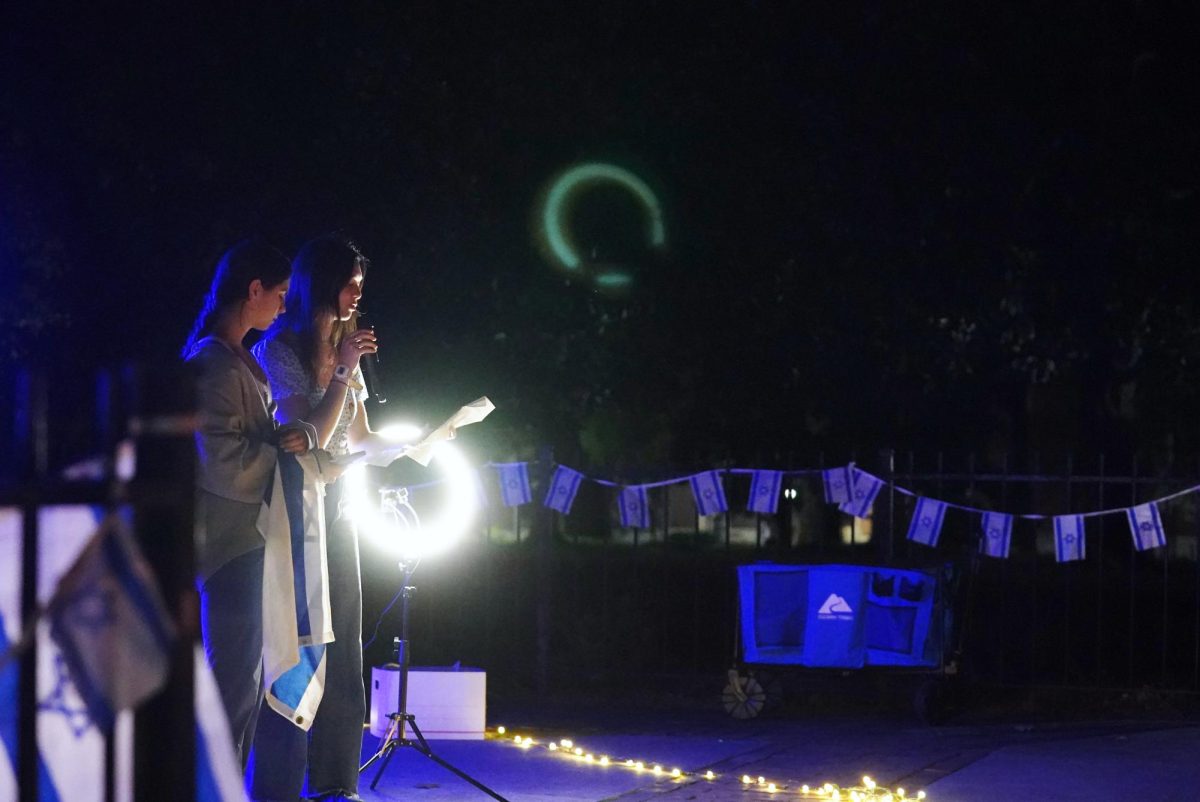
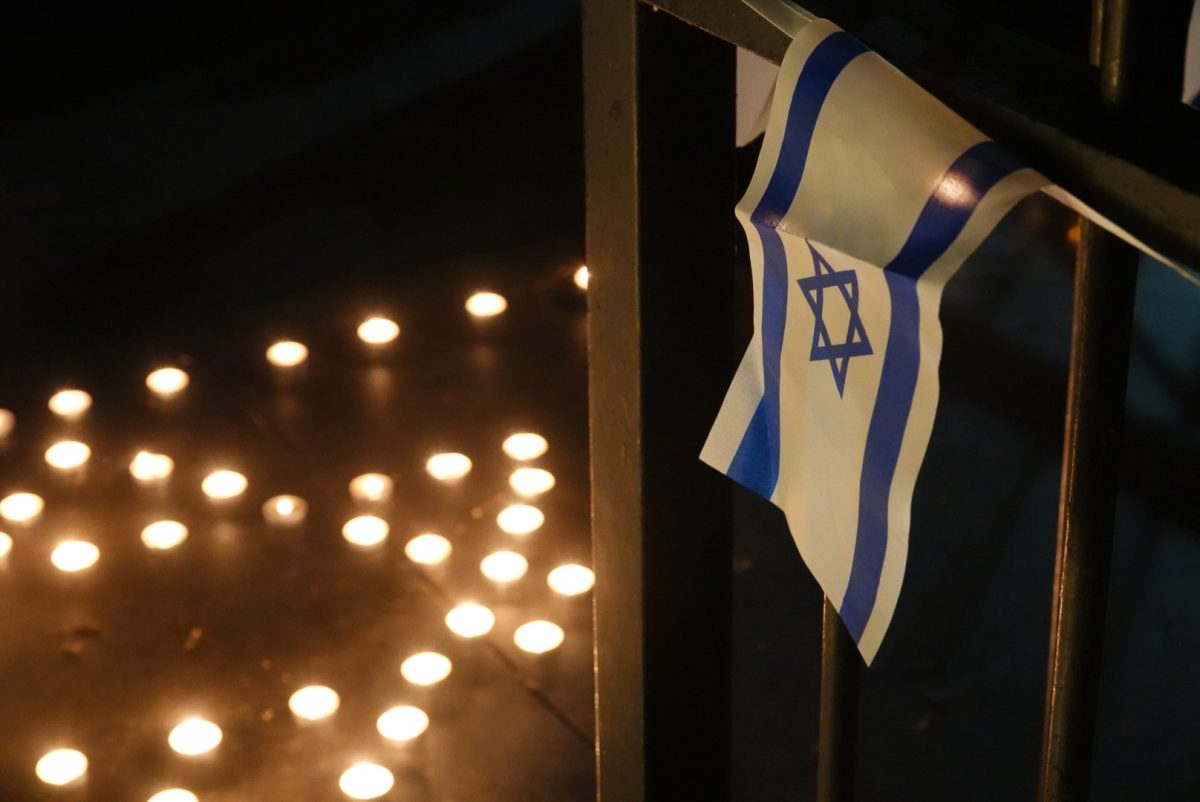
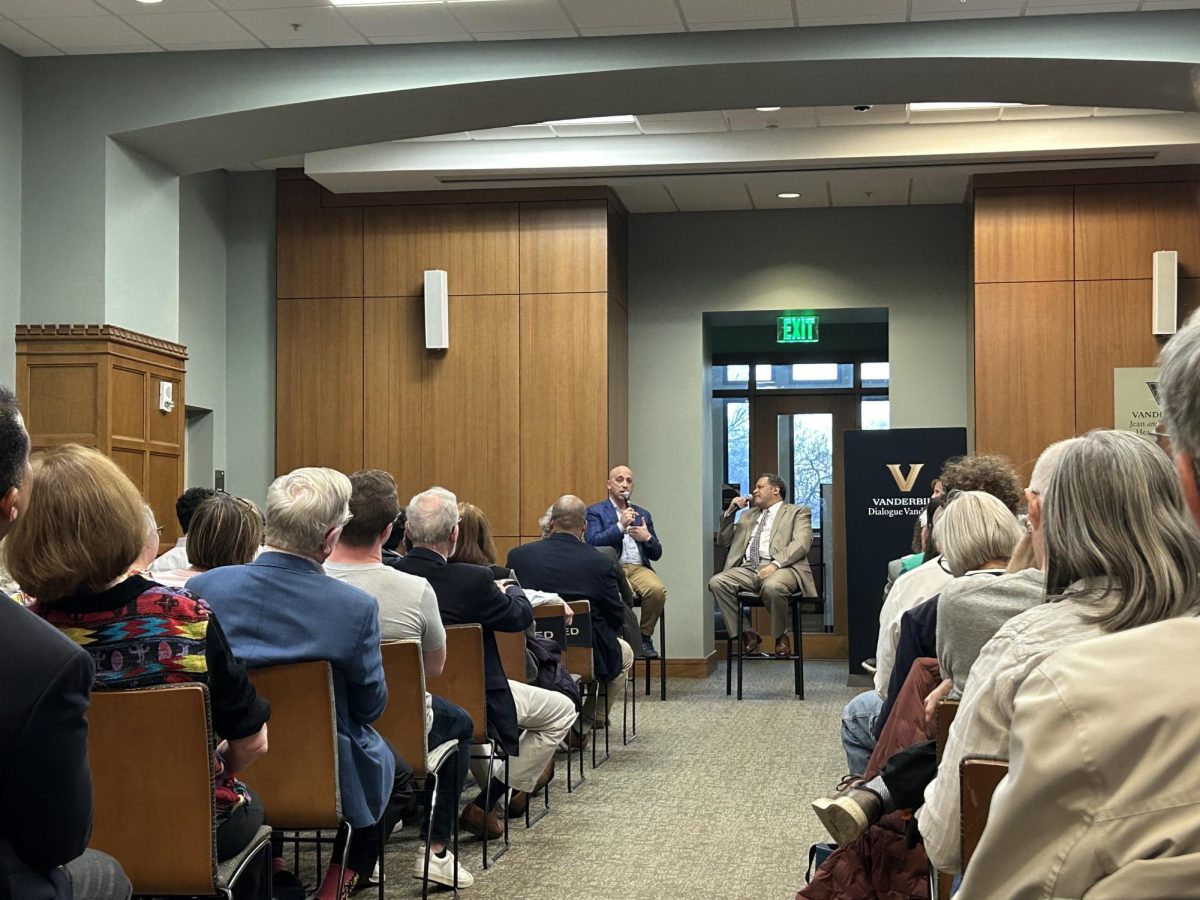
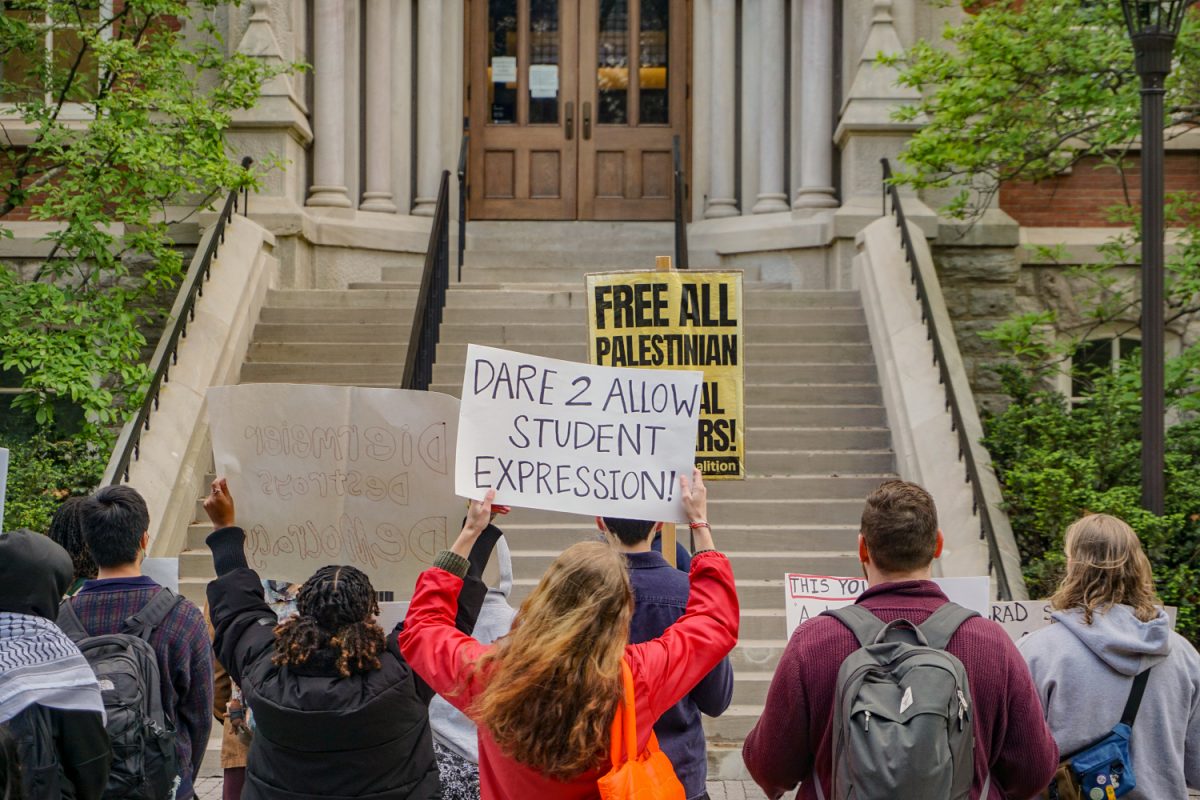
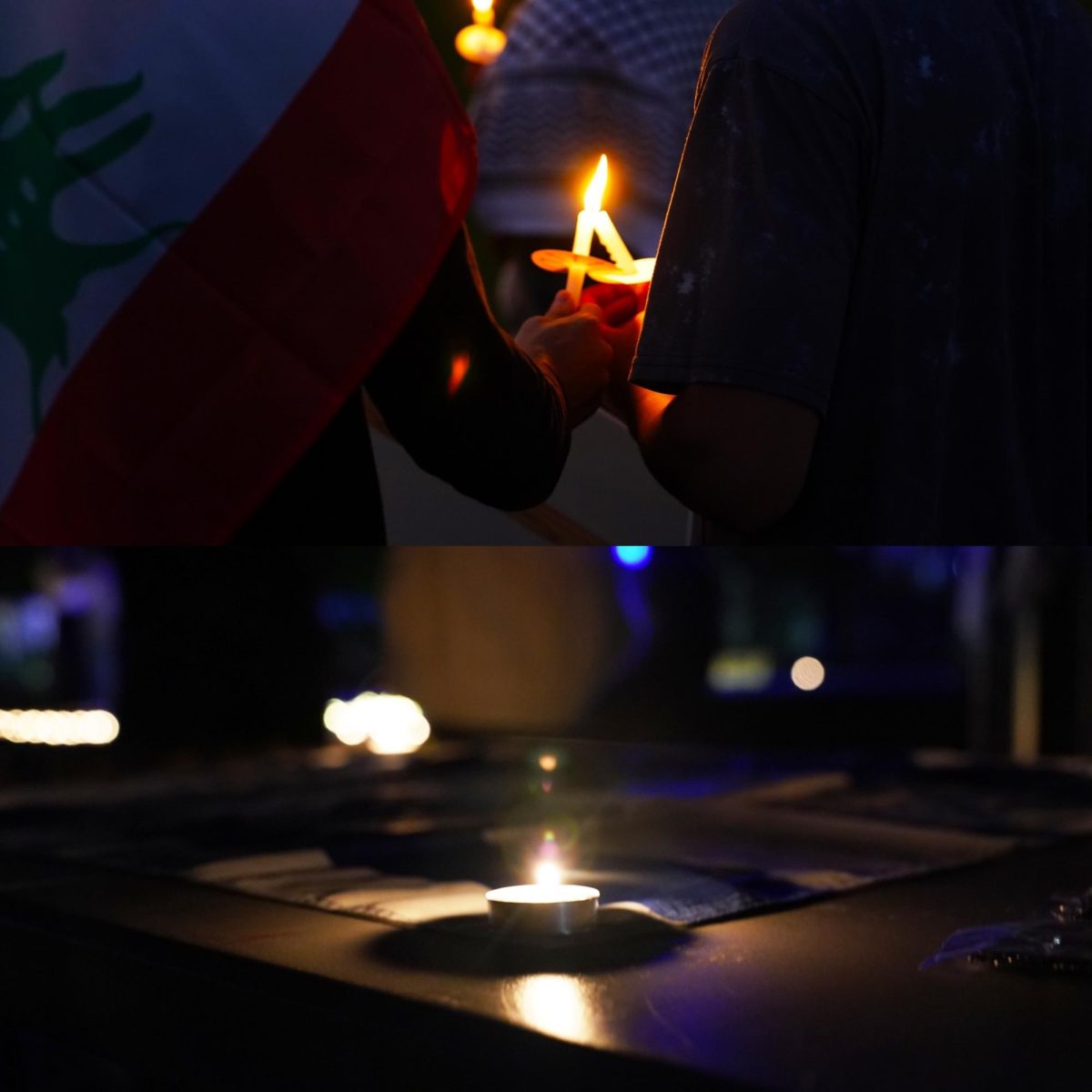
Seeking justice in all things • Feb 7, 2024 at 12:17 am CST
Let us please not refer to this as an “Israel-Hamas conflict.” That paints a picture of Israel fighting Hamas exclusively. Instead, Israel is fighting all of the Gaza strip and killing thousands of innocent civilians and children in the process. The word “conflict” is also, in itself, misleading. It is far more accurately “Israel’s attack on Gaza.” And perhaps it is debatable whether or not such an attack is justified. But at least let us at least agree on the nature of the violence unfolding: not unprompted but presently one-sided.
Anonymous • May 2, 2024 at 4:49 pm CDT
Fundamentally if one side attacks and another responds isn’t that a conflict?
Anonymous • Dec 16, 2023 at 9:15 am CST
There should be room for debate and conversation where everyone can engage and express their opinions. Being bullied in a class for being Jewish is unacceptable. I applaud this student for standing up and asking for a safe place to live and conduct her studies. I hope the university makes it a priority to provide it!
Anonymous • Dec 16, 2023 at 1:15 am CST
People on Vanderbilt’s campus will see
white cloths with statistics on the ground and be like “this is literally just as bad as being bombed”
David Levinson • Dec 15, 2023 at 6:32 pm CST
Well written presentation of events on campus. Anti-semitism can not be tolerated in any form or using any ruse to justify it.
Anonymous • Dec 15, 2023 at 4:47 pm CST
You dismissed the Jewish students involved in Jews for Ceasefire quite easily. Do they feel the same as you? Their views as Jewish students are equally as valid as yours, even though you clearly don’t think they are.
Anonymous • Dec 16, 2023 at 10:22 am CST
I think you missed the point. The author isn’t saying that the Jews for Ceasefire sentiments are invalid or antisemitic. I actually believe that later on she clarifies quite clearly what to her is and is not antisemitism. The point was that when student groups do not follow university protocol it creates an impossible learning environment for students of all backgrounds.
Alice • Dec 15, 2023 at 2:31 pm CST
It’s important to balance a commitment to neutrality with safety and comfort for all students, and I think Vanderbilt’s stance on the conflict does just that. As long as they abide by the rules, demonstrations and displays don’t explicitly threaten students. As a Jew, I know that now is a time of especially heightened fear, but I don’t think it’s a university’s responsibility to express solidarity with any particular minority group. That sets a standard for contradictions, censorship, and even justified violence, just like what’s happening on other college campuses. Vanderbilt should remain standing against any kind of discrimination and violence, which fosters a community of respect, open discourse, and growth.
Susan Stern • Dec 15, 2023 at 12:28 pm CST
A clear and concise explication of the situation on campus. Well written. Now it’s up to the administration to explain their lack of accountability to what is happening on campus.
Maxwell Schwarz • Dec 15, 2023 at 11:49 am CST
Thanks for stepping us and being a voice for us!